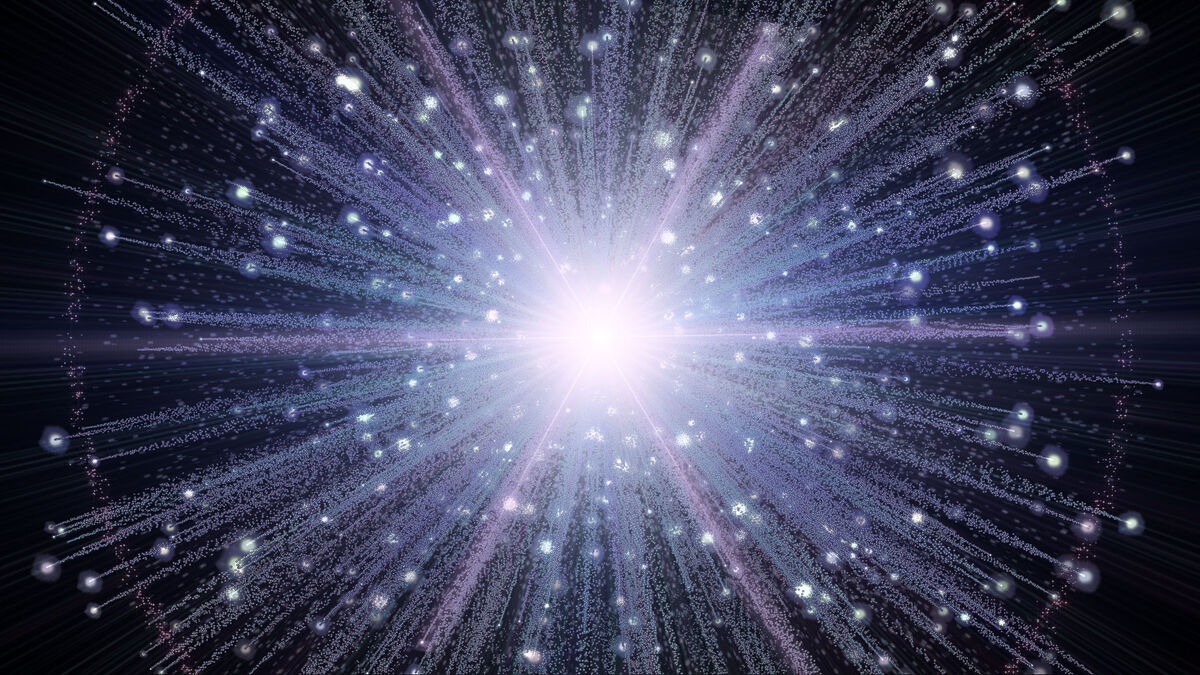- 15,441
- 5,031

Big Bang
To quote from Wikipedia: "The Big Bang is the cosmological model of the universe, originally conceived to describe its origins, that is best supported by all cosmological observations. The essential idea is that the universe has expanded from a primordial hot and dense initial condition at some...
"If a supposed Big Bang is inaccurately presented as a purely physical explosion, and a character withstands it, we tend to treat it as a 3-A feat. If a character generates a 4-D spacetime expansion that creates an entire universal continuum from scratch, it is treated as Low 2-C."
Coming from this thread I had issues with this notion, quoting myself; "idk why a big bang would really be Low 2-C for creating time and space when it doesn't create all the time that will happen in the future until its end, just the present time, all things in a timeline that happened after that weren't created by the big bang, time just moves forward on its own because that's what time does."
What is believed to be the Big Bang is the beginning of the universe, yesterday, today and tomorrow weren't created by the Bing Bang because the Big Bang only created the beginning, after kickstarting time and space the rest does itself. Our Big Bang, should it be real, wouldn't be a Low 2-C feat nor as a durability feat for anyone to survive, just 3-A. Likewise should a Big Bang happen again it wouldn't destroy all time from its beginning, at best just the present time while the history of the universe remains safe.
Some regular user claimed that it's Low 2-C because it creates a 4D universal construct and I told him here why that's wrong.
I'm of course talking here about the 2 types of Big Bangs we have in its page, if some verse has a Big Bang as Low 2-C Creation where the past is already made despite characters being sent to the present in that universe & fancy stuff alike then good for their feats.
Last edited: